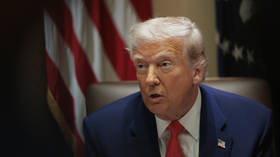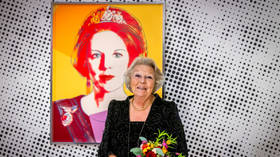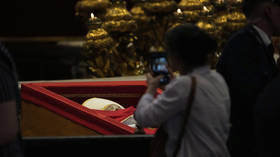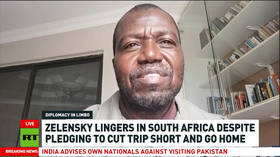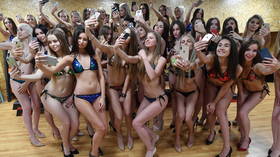‘I felt like I was about to die’: Palestinian journalist blinded by ‘Israeli sniper fire’ talks to RT
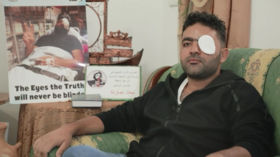
Palestinian journalist Muath Amarneh lost his eye covering a protest near the West Bank town of Surif. Israel denies shooting Amarneh, but the freelance cameraman told RT Arabic that his colleagues are being deliberately targeted.
Amarneh was covering a rally near Surif two weeks ago. He said the demonstrations were non-violent, and were a show of dissent against Israeli occupation of the region. Surif is located near the Israeli border, between Hebron and Jerusalem, and lies on the edge of ‘Area C,’ or the portion of the West Bank fully under Israeli control and home to the vast majority of Jewish settlements.
The protests descended into scuffles between Palestinians and Israeli soldiers. Dressed in his press uniform - the blue body armor and helmet worn by conflict reporters worldwide - Amarneh was taking photographs, when he was struck in the eye by what he says was a bullet banned under international humanitarian law. He maintains the hit was a result of “Israeli sniper fire.”
“When I got shot I felt like I was about to die,” Amarneh told RT, wearing an eyepatch over his wound.
I felt my head about to explode, at one moment I felt like my life is fading away and these are my last breaths, my fellow journalists came and carried me away.
The European Union has previously called for an investigation into Israel’s alleged use of such rounds, which splinter inside the body, tearing tissue apart and often causing more internal damage than standard full metal jacket bullets.
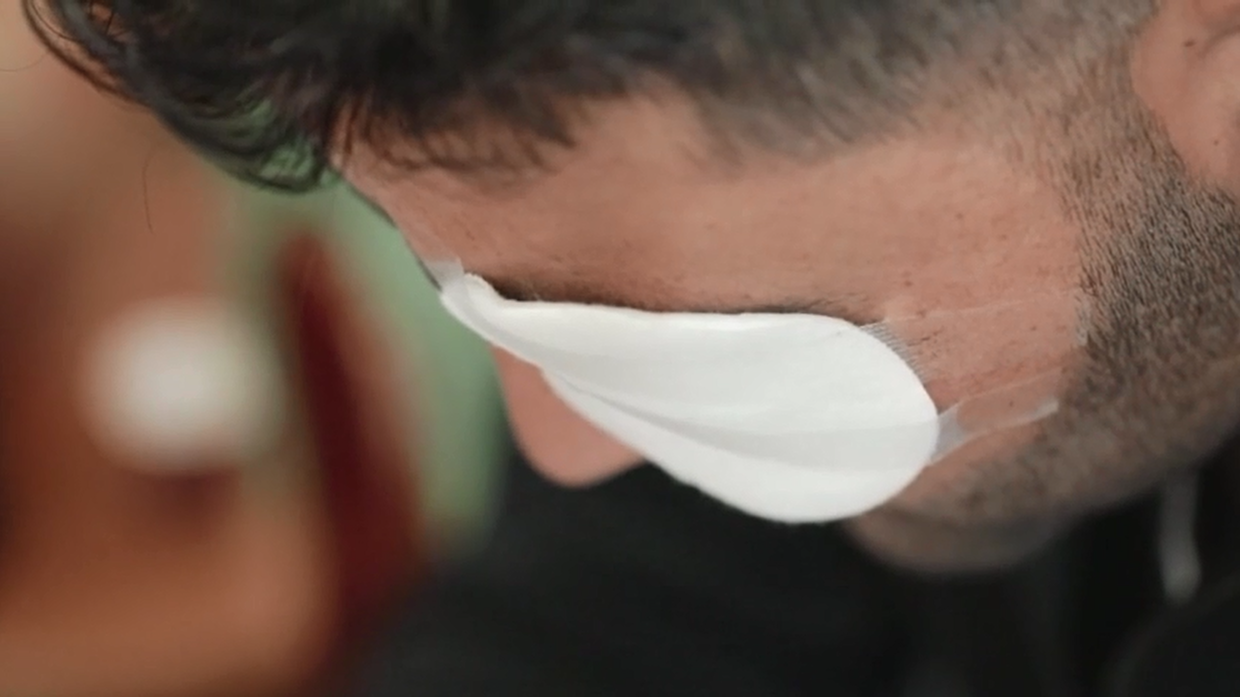
Amarneh told RT that Israeli soldiers approached him while he lay bleeding, brandishing a video camera.
“They took pictures of everyone and filmed me as well and said ‘we didn’t shoot this guy,’” he said.
They said I ‘got hit by a stone or something’ and ‘we didn’t shoot him.’ In my whole career as a journalist I never saw Israeli soldiers come and film an injured person and comment on the injury then go away, in any other place the army usually come to help the injured or investigate how it happened.
An Israeli spokesman later told the Times of Israel that Amarneh was not targeted, and that only non-lethal ammunition was used to disperse protesters.
“I can’t tell for sure that I was being targeted personally,” he said, “but the targeting was for journalists in general not for me only, I was wearing my whole journalism uniform and armor known to everyone, and you can recognize it from hundreds of meters.”
Amarneh was rushed to hospital in Hebron, and then to Jerusalem for further treatment. As doctors began figuring out how to remove a shard of metal that had embedded itself dangerously close to his brain, an outpouring of solidarity began. Thousands of Palestinians gathered across the West Bank, some holding pictures of Amarneh and wearing eyepatches.
Also on rt.com 'Eye of truth will not go blind' Twitter flashmob in solidarity with Palestinian journo who lost eye to Israeli bulletSome 60 Palestinian journalists have been shot by Israeli forces in the last 12 months, according to a report by the Palestinian Journalists’ Syndicate. A further 170 were “beaten, detained, or banned from coverage,” the report added.
“The occupation doesn’t want the image of its suppression and violations to reach the rest of the world,” Amarneh said. “Palestinian journalists show the world what the occupation is doing to the Palestinians, and the lack of respect for human rights.”
Amarneh urged action from other countries and "to put an end to those Israeli practices.”
The Israelis signed international charters and they should honor and respect them, and Israel must be held accountable for its crimes against Palestinian journalists in international courts.
Think your friends would be interested? Share this story!



